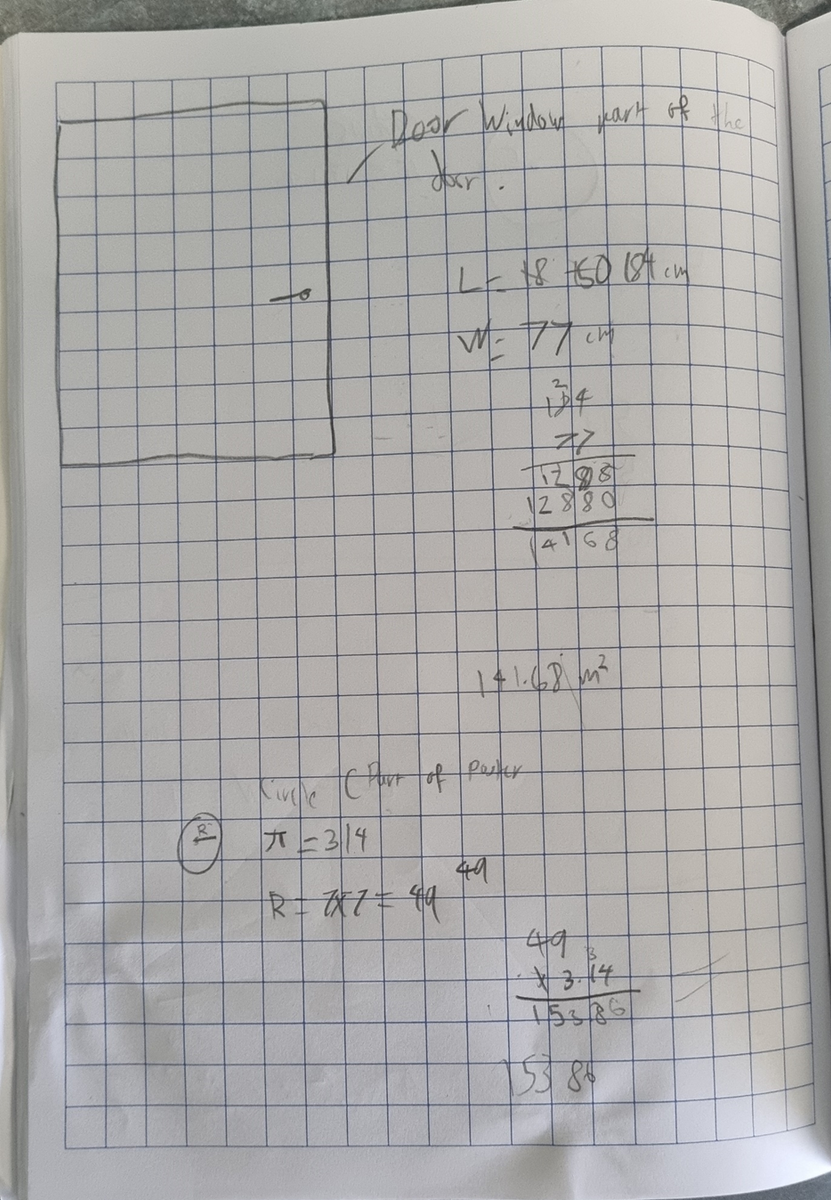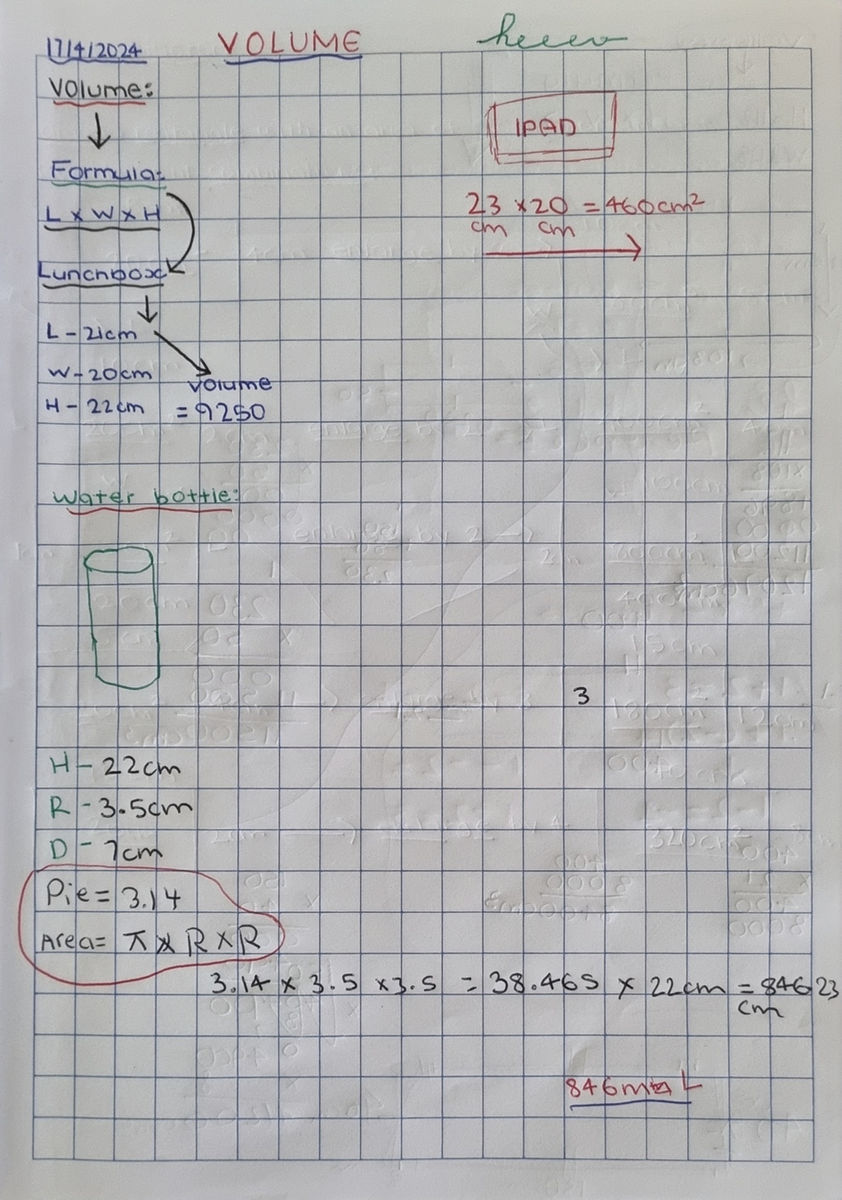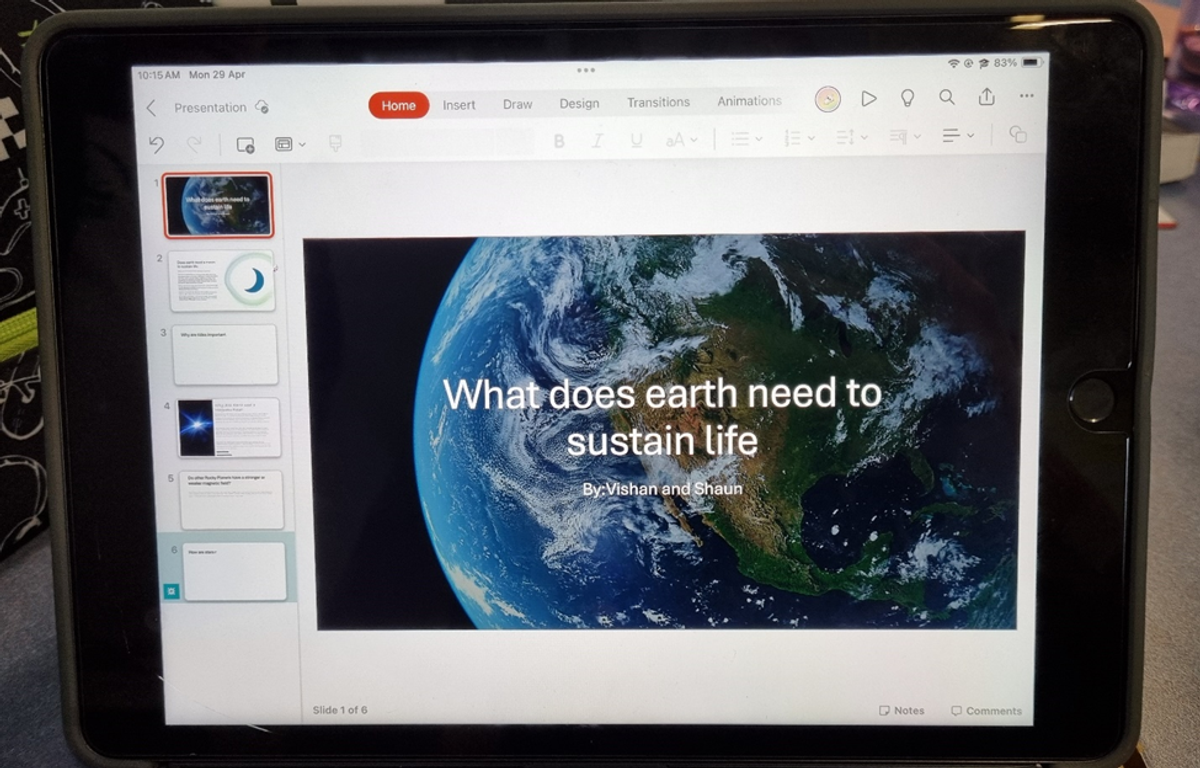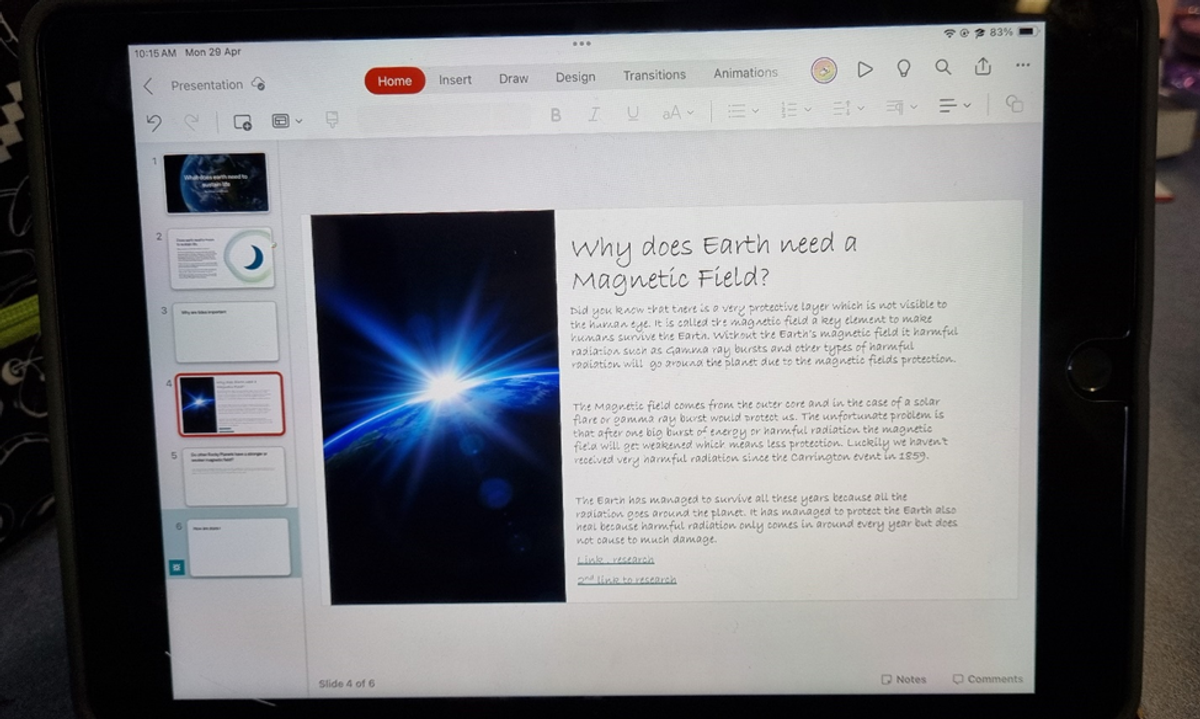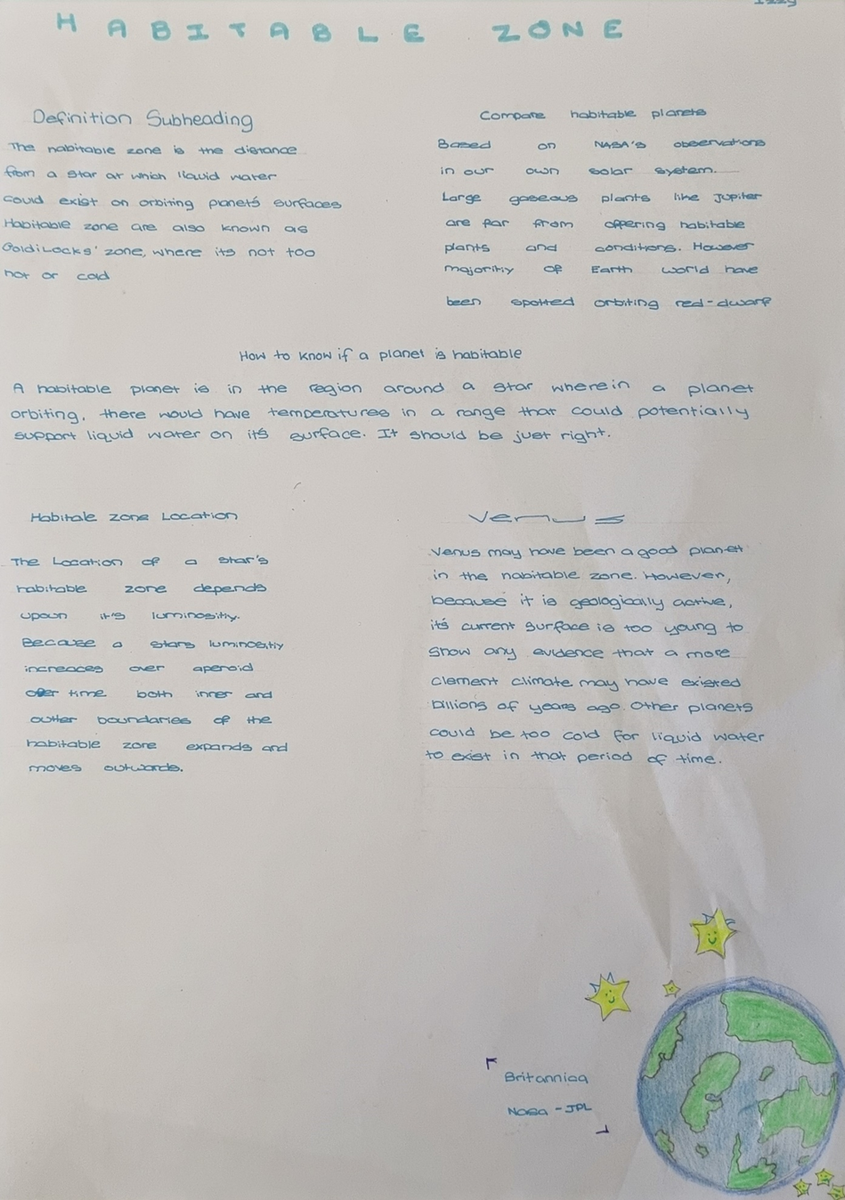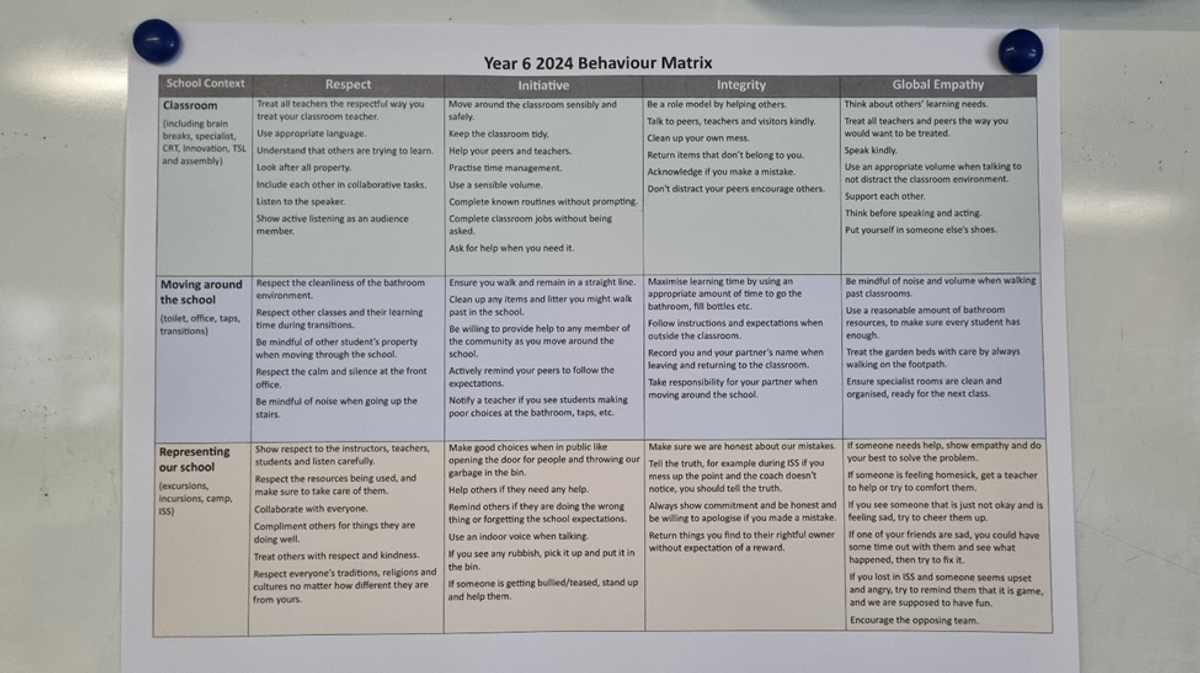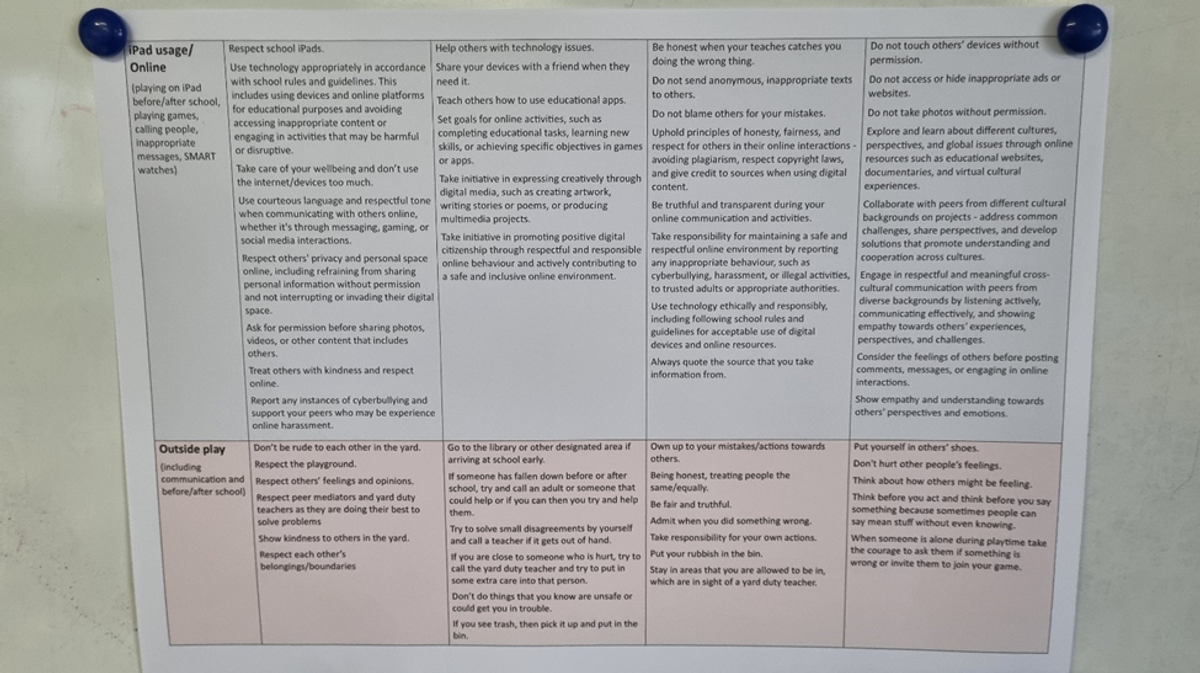Learning in Term Two

English
| English key vocabulary |
Scientific report Hypothesis Method Discussion |
In English in Term 2, students will practise implementing precise language and strong verbs to increase the accuracy of their scientific and explanatory reports. They will explore strategies to effectively communicate their scientific findings informed by research into areas of interest. Students will participate in Literature Circles and explore how to respectfully share opinions when discussing a text. They will consolidate their comprehension skills by focussing on a specific goal from our CAFE menu that they will develop through peer and teacher conferencing. Through this experience, students will develop their communication skills to clarify ideas through questioning and rephrasing. Regular literacy conferences will enable students to share success, reflect and update their personal goals.
Students will also have opportunities for independent reading and sustained writing; ensuring they can focus specifically on their personal CAFÉ (reading) and VOICES (writing) goals and apply learned
If you wish to support your child’s learning in English this term, you can:
- Ask questions to strengthen your child’s understanding of their text. Prompting questions you can use during discussions with your child can include:
- What did you read?
- Why do you think that happened?
- How do you think that made the character feel?
- Why did the character do that?
- Why do you think the author wrote it that way?
- What do you think the author meant?
- Encourage curiosity about the world around us and how things work. They may like to research these areas further and share their findings in the classroom.
Mathematics
| Mathematics key vocabulary |
Volume Surface Area Formula Data Statistic Mean, Median, Mode |
During Term Two, Level Six students will be continuing to strengthen their mathematical proficiency in the areas of Problem Solving, Understanding, Reasoning and Fluency. They will explore new mathematical vocabulary and tackle problems in a range of independent and collaborative contexts.
We begin Term Two by delving further into the Measurement and Geometry curriculum. Students will extend upon their prior learning on units of measurement and area, by investigating the volume and surface area of three-dimensional objects. With a focus on applying mathematical knowledge to practical contexts, they will explore the volume of objects across the school, such as the water tank and sandpit. Later in the term, our focus shifts to Statistics concepts, namely data representation and interpretation. With a connection to our Space Inquiry unit, students will unpack different data analysis strategies and statistical concepts, such as mean, median and mode, in the context of space-related data.
If you wish to support your child’s learning in Mathematics this term, you can:
- Investigate different objects and containers within the household, applying strategies learned at school to calculate their volume.
- Discuss how data and statistics are used in a range of occupations. What kind of data do they use? How do they gather, represent and use the data?
- Analyse statistics presented within the media.
Inquiry
| Inquiry key vocabulary |
Survive Thrive Planet Resources Sustainable |
Big Idea: ‘How can we ensure our own sustainability?’
Global Goal: Sustainable Cities and Communities
This term in our Inquiry sessions, students will be engaged in an exploration centered on the question, "How can we ensure our own sustainability?" They will undertake an in-depth examination of Earth as a dynamic system, appreciating the interdependencies between its various components. Moreover, students will critically analyse the challenges to Earth's sustainability, contemplating hypothetical scenarios involving the colonisation of a fictional habitable planet and the requisite adaptations for ensuring the continuity of human civilisation.
A culminating exhibition will serve as a platform for students to demonstrate the application of their acquired knowledge, particularly in conceptualising sustainable living practices in a new planetary environment. Furthermore, this inquiry will be seamlessly integrated into Mathematics instruction, with an emphasis on mathematical modelling, pattern recognition, and the examination of interrelated variables and data sets.
This interdisciplinary approach promises to foster critical thinking, creativity, and a deeper understanding of global sustainability challenges among our students. We eagerly anticipate the insightful contributions and innovative solutions they will develop throughout this academic endeavour.
If you wish to support your child’s learning in Inquiry this term, you can:
- Encourage Exploration: Encourage your child to ask questions and explore topics related to sustainability both inside and outside the classroom. Discuss current events, watch documentaries, or visit local environmental initiatives to deepen their understanding.
- Foster Critical Thinking: Engage in conversations that promote critical thinking about sustainability issues. Encourage your child to consider different perspectives, evaluate evidence, and brainstorm solutions to real-world challenges.
- Model Sustainable Practices: Lead by example by incorporating sustainable habits into your family's daily routines. Whether it's recycling, conserving energy and water, or reducing single-use plastics, demonstrating eco-friendly behaviours reinforces the importance of sustainability for your child.
The Resilience Project (TRP)
| Wellbeing key vocabulary |
Gratitude Empathy Mindfulness |
Discovering resilience is a key focus for our students this Term Two as we embark on an inspiring journey with the Resilience Project. Through engaging activities and discussions, students will learn invaluable skills to navigate life's challenges with strength and positivity.
Throughout the term, students will delve into the core pillars of the Resilience Project: gratitude, empathy, and mindfulness. They will explore the power of gratitude in fostering a positive mindset, learn to empathise with others to build strong relationships, and practice mindfulness techniques to manage stress and enhance well-being.
Incorporating a variety of interactive lessons, discussions, and reflection exercises, students will develop a deeper understanding of resilience and how it can positively impact their lives. By cultivating these essential life skills, our students will be better equipped to face adversity, develop strong relationships, and thrive both academically and personally. Get ready for a transformative journey towards resilience!
If you wish to support your child’s learning in TRP this term, you can:
- Foster Gratitude: Encourage your child to practice gratitude by regularly reflecting on the things they are thankful for. Incorporate gratitude practices into daily routines, such as sharing highlights of the day during family meals or keeping a gratitude journal together.
- Empathy Building: Model empathetic behaviour at home by actively listening to your child's feelings and perspectives and encouraging them to consider the feelings of others. Engage in discussions about empathy and kindness and explore ways to support and understand different viewpoints.
- Mindfulness Practice: Introduce simple mindfulness techniques to your child, such as deep breathing exercises or mindful awareness of their surroundings. Encourage them to take moments throughout the day to pause, breathe, and centre themselves, helping to reduce stress and promote emotional well-being.
Behaviour Matrix
The Year Six cohort is collaborating to generate a Year Six Behaviour Matrix, as a part of a school wide initiative to ensure students have clear and consistent guidelines and expectations for behaviour across the school. They have been discussing important expectations and locations in the school they apply to, making further links to our School Values. Students are exploring; classroom, transitions around the school, representing our school during events, digital technologies usage, and playtime. These expectations will be displayed across classrooms, and we expect the Year Six cohort, as the school leaders, to model them to their peers in other year levels. We expect all students to follow the Behaviour Matrix consistently in all areas of the school.
Here are some examples of expected behaviours from the ‘digital technology’ section Behaviour Matrix:
- Use courteous language and respectful tone when communicating with others online, whether it's through messaging, gaming, or social media interactions.
- Uphold principles of honesty, fairness, and respect for others in their online interactions - avoiding plagiarism, respect copyright laws, and give credit to sources when using digital content.
- Explore and learn about different cultures, perspectives, and global issues through online resources such as educational websites, documentaries, and virtual cultural experiences.
If you wish to support your child with the Behaviour Matrix this term, you can:
- Discuss the purpose and importance of school expectations. Make connections to the rules and laws in broader society. What laws exist across Victoria and Australia? What are some rules and expectations that people follow all over the world? Why do laws exist and how do they benefit society?
- Model positive behaviours and set clear expectations in the household. Consider creating a behaviour matrix at home or setting up a reward system for positive behaviour.
- Praise your child when they display positive behaviours. Draw on unsuccessful instances as an opportunity to discuss appropriate behaviours and how we can learn and grow from mistakes.

